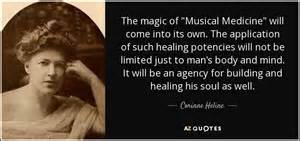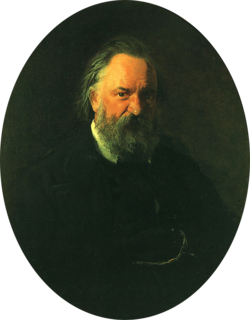A Quote by William Faulkner
The aim of every artist is to arrest motion, which is life, by artificial means and hold it fixed so that a hundred years later, when a stranger looks at it, it moves again since it is life. Since man is mortal, the only immortality possible for him is to leave something behind him that is immortal since it will always move. This is the artist's way of scribbling "Kilroy was here" on the wall of the final and irrevocable oblivion through which he must someday pass.
Quote Topics
Again
Aim
Always
Arrest
Artificial
Artist
Behind
Every
Final
Fixed
Him
Hold
Hundred
Hundred Years
Immortal
Immortality
Irrevocable
Later
Leave
Life
Looks
Man
Means
Mortal
Mortal Sin
Motion
Move
Moves
Must
Oblivion
Only
Pass
Possible
Scribbling
Since
Someday
Something
Stranger
Through
Wall
Way
Which
Will
Years
Related Quotes
TEF is predicated on logic, a simple wager that every human faces:
If a reasoning human being loves and values life, they will want to live as long as possible-the desire to be immortal. Nevertheless, it's impossible to know if they're going to be immortal once they die. To do nothing doesn't help the odds of attaining immortality-since it seems evident that everyone will die someday and possibly cease to exist. To try to do something scientifically constructive towards ensuring immortality beforehand is the most logical conclusion.
After I had been studying with him for two years, Schoenberg said, ‘In order to write music, you must have a feeling for harmony.’ I explained to him that I had no feeling for harmony. He then said that I would always encounter an obstacle, that it would be as though I came to a wall through which I could not pass. I said, ‘In that case I will devote my life to beating my head against that wall.’
Society is composed of men, and every man is a FREE agent. Since man is free, he can choose; since he can choose, he can err; since he can err, he can suffer. I go further: He must err and he must suffer; for his starting point is ignorance, and in his ignorance he sees before him an infinite number of unknown roads, all of which save one lead to error.
I feel that I was made to complete things. To accomplish only a mass of beginnings and attempts would be to make a total failure of life. Perfection is the heritage with which my Creator has endowed me, and since this short life does not give completeness, I must have immortal life in which to find it.
This is my firm persuasion, that since the human soul exerts itself with so great activity, since it has such a remembrance of the best, such a concern for the future, since it is enriched with so many arts, sciences, and discoveries, it is impossible but the being which contains all these must be immortal.
The day is not far distant when the man who dies leaving behind him millions of available wealth, which was free for him to administer during life, will pass away unwept, unhonored, and unsung, no matter to what uses he leave the dross which he cannot take with him. Of such as these the public verdict will then be: The man who dies thus rich dies disgraced. Such, in my opinion, is the true gospel concerning wealth, obedience to which is destined some day to solve the problem of the rich and the poor.
The artist of the future will live the ordinary life of a human being, earning his living by some kind of labour. He will strive to give the fruit of that supreme spiritual force which passes through him to the greatest number of people, because this conveying of the feelings that have been born in him to the greatest number of people is his joy and his reward. The artist of the future will not even understand how it is possible for an artist, whose joy consists in the widest dissemination of his works, to give these works only in exchange for a certain payment.
All soul is immortal. For that which is always in movement is immortal; that which moves something else, and is moved by something else, in ceasing from movement ceases from living. So only that which moves itself, because it does not abandon itself, never stops moving. But it is also source and first principle of movement for the other things which move.
Since all of us desire to be happy, and since we evidently become so on account of our use—that is our good use—of other things, and since knowledge is what provides this goodness of use and also good fortune, every man must, as seems plausible, prepare himself by every means for this: to be as wise as possible. Right?
And since the mind is of a man one part,
Which in one fixed place remains, like ears,
And eyes, and every sense which pilots life;
And just as hand, or eye, or nose, apart,
Severed from us, can neither feel nor be,
But in the least of time is left to rot,
Thus mind alone can never be, without
The body and the man himself, which seems,
As 'twere the vessel of the same- or aught
Whate'er thou'lt feign as yet more closely joined:
Since body cleaves to mind by surest bonds.


































